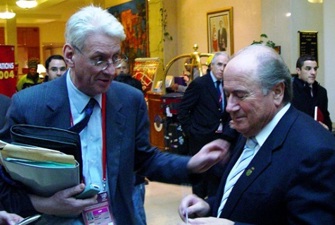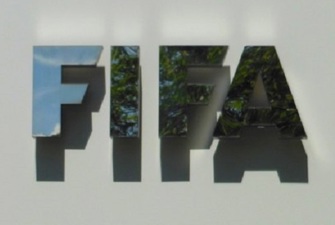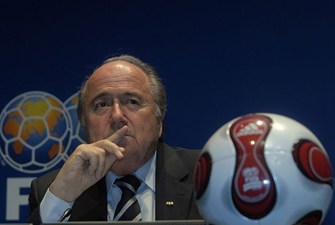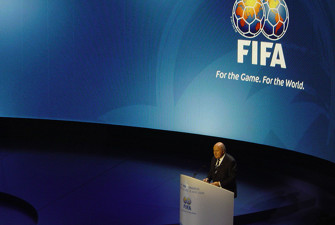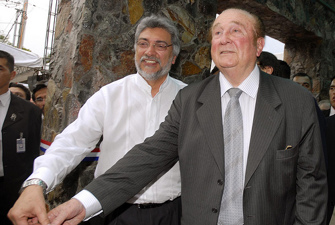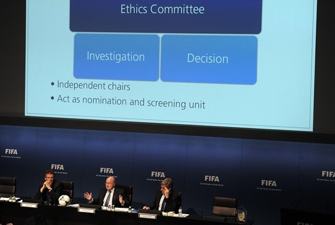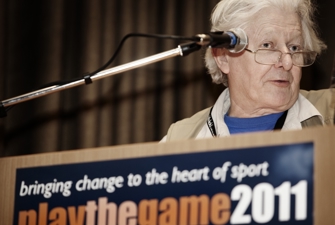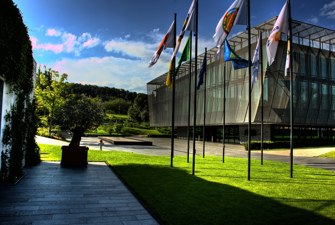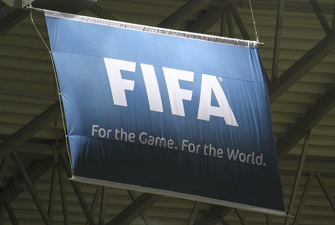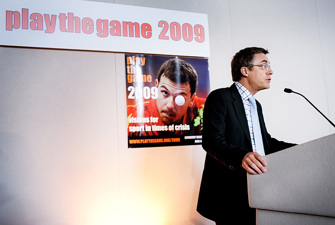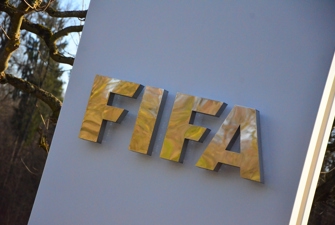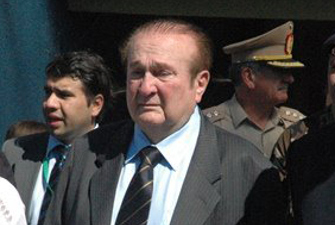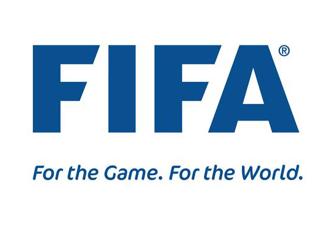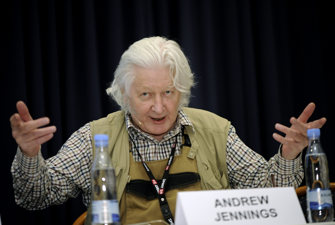The Globo money that never showed up
When ISL sold on tv-rights for 60 million US to TV-Globo, FIFA was meant to get a share of 22 million. The money never came under FIFA control and after ISL's bankruptcy, FIFA reported ISL to the police alleging fraud and embezzlement. Three years later FIFA withdrew the complaint without giving any explanation.
In 1996, the sports marketing agency International Sport and Leisure (ISL) bought the exclusive television rights to the World Cup in 2002 and 2006 from the International Football Federation, FIFA, at a price of roughly 1,6 billion US $.
In July 1998 ISL sold a share of the television rights to the Brasilian TV-Globo at a price of 60 million US$.
According to an agreement between ISL and FIFA, part of that amount – approximately 22 million was earmarked as FIFA’s share of the deal. However, as a precaution against a possible ISL-collapse the 22 million were to be directed to a special ISL-account, where FIFA would be able to monitor the transactions. Only it didn’t….
Contrary to the agreement, the payment from TV-Globo was directed to a hidden ISL-account beyond FIFA’s range of action. Shortly after, FIFA sent a written request to ISL-director Jean-Marie Weber demanding him to stick to the deal and transfer FIFA’s part of the TV-Globo money to the ‘open account’ – but without the expected outcome.
Being deceived of 22 million US$ one would think that FIFA would direct all its efforts to followup on the matter and get its rightful share of the money. But nothing happened until 1½ years later when FIFA was advised by its auditors to force the ISL to hand over the TV-Globo money. Again without any luck!
When ISL was declared bankrupt in May 2001 after a longer period of overt financial troubles, FIFA saw no other alternative than to make a criminal complaint against ISL senior executives Jean-Marie Weber, Hans-Jürg Schmid and an unnamed third part alleging fraud and embezzlement.
In spite of reports that FIFA and President Blatter in particular kept fighting to save ISL until the very end. the president declared in a press release: "We have decided to take this step on obtaining evidence that the payments due to FIFA were being withheld. This money belongs to football and FIFA intends to do everything within its power to shed light on this affair and to retrieve the money."
The investigation against ISL is led by Zug Investigating Magistrate Thomas Hildbrand, who in November 2002 detained Jean-Marie Weber and other ISL executives for a couple of days for questioning.
Then suddenly in June 2004, 3 months after the repayment of the alleged bribes and the decision of the Swiss Federal Court to protect the names of high-ranking FIFA officials suspected for bribery, FIFA withdrew its criminal complaints against ISL without announcing it publicly.
However, the investigator Thomas Hildbrand did not stop his work. He kept shedding light on the fall of ISL and its dubious transactions and agreements and in May 2005 he re-established the case and indicted Jean-Marie Weber and other ISL executives for allegedly embezzling the TV-Globo money.
In November 2005 Hildbrand launched a new ISL-related investigation and raideds FIFA House searching for certain documents in the offices of General Secretary Urs Linsi and President Blatter.
So far, magistrate Hildbrand has been silent on his findings. On application to his office Play the Game is only informed that “Mr. Hildbrand will in due course issue a press release.”
But according to investigative reporter Andrew Jennings, the court order does reveal that one of the charged ISL-executives has confessed to Hildbrand that the TV-Globo money went to decision-makers in the international world of sport instead of going to the FIFA-cashier's office.
The big question is whether the charged ISL-executives are willing to disclose their potent secrets and detailed knowledge in the court room in order to obtain a reduced sentence in the pending criminal case.
Sources:
Foul!, Andrew Jennings, Harper Collins, 2006
FIFA newsletter, May 28 2001
